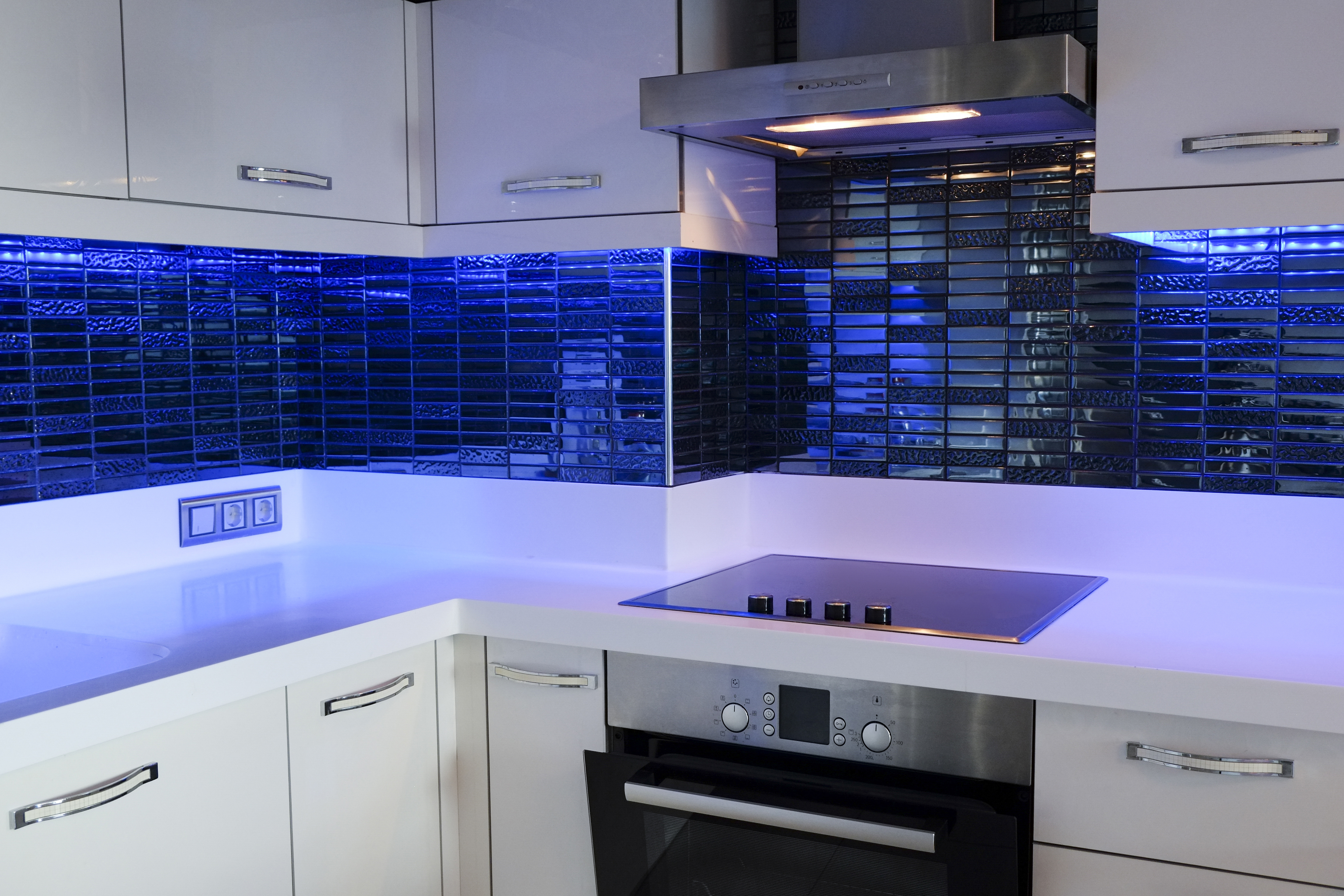How to Improve the Heat Efficiency in the Home
Heat loss can happen many ways throughout a home. Correcting small and large inefficiencies alike can make a noticeable impact on the heating bills and overall comfort of your home. Here are some important tips to improve the heat efficiency of the home; this list is not exhaustive but acting on these suggestions alone will prove how effective small changes can be at impacting a home’s heat efficiency.
- Furnace Maintenance: While it may not seem like a big deal, the cleanliness of your furnace filters can greatly affect the heat efficiency in a home. When filters get dirty, air cannot travel through them as well and this increases the workload of the furnace. Clogged filters can cause major issues for the furnace. It is best to change these filters every 2-3 months to ensure the furnace is working at its most efficient and keep the heating bill down. It is also a good idea to schedule regular furnace inspections to make sure everything is working the way it should.
- Move Furniture: This may seem like a very mundane task, but it can make a significant impact on the heat efficiency in the home. Moving furniture that covers heating vents will produce instant results. Think of it like this; your furnace is working hard to produce heat and distribute it throughout the house. When you have furniture covering its escape routes, this warm air gets trapped under the furniture and never heats the home. As a result, the furnace keeps working hard to produce war air that is not actually making any difference in your home’s temperature. That’s a lot of heat and a lot of money wasted. Making minor adjustments to the layout of your home’s furniture will leave you amazed.
- Replace Hot Water Tank: Electric hot water tanks can consume about 15% of the home’s energy supply. Even maintaining the water temperature requires a lot of energy. If the goal is to improve the heat efficiency in your home, replacing an electric water tank with a gas one is a no brainer. There are also insulation blankets that can be purchased and easily installed to further improve the efficiency of the hot water tank. Pipe insulation can also be installed to prevent heat loss during water transport throughout the home. If neither of these options suits your taste, simply turning down the temperature on the hot water tank can save a significant amount of money and conserve heat.
- Proper Seal in the Winter: Many homeowners with chimneys and window AC units do not make any changes in the home come wintertime. This is because the heat loss through these structures is simply not considered. Chimneys that are not properly blocked off in the winter will act like large open windows for the entire duration of the cold season. Not only does this waste the heat your home is producing, but it also allows cold air a constant point of entry into the house. Window AC units are a similar problem; although they don’t act like a giant hole in the house, there is still heat loss around the edges and through the actual unit itself. Removing the AC units during the winter will cost you a little bit of time and effort, but the heat and money savings in the winter will be well worth it.
Benefits of Improving Heat Efficiency in the Home
The most popular reason for improving the heat efficiency in a home is reducing the heating bills. While this is a major financial benefit, there are a few other undeniable positives that go hand in hand with the monetary aspect of a more efficient home.
- Money Savings: Of course, we can’t have a benefits list without touching on the lightened load on your budget. Reducing the amount of heat loss in the home and taking steps to improve the overall energy efficiency of your home has clear reflections in the heating bills. Small changes can make a difference, and large changes can change the way your house runs entirely. Although some steps will require an initial investment that can potentially deter homeowners from following through on them, the starting cost will be more than made up for by the savings that result from the home improvement. Money isn’t everything but saving money sure does improve life for most people.
- Less Energy Waste: Homes that are inefficient with their heat use end up wasting a lot of energy. Unless you are producing your own green energy on the property (which most people aren’t), greenhouse gas emissions are also a product of producing your home’s energy. This is incredibly harmful to the planet and should be avoided at all costs. Improving the heat efficiency of your home will minimize energy waste and cut back on the overall energy demand of the home; both of these improvements will reduce greenhouse gas emissions and aid in the efforts to protect the planet from pollution.
- Warmer Home: This point may seem redundant since we’ve been discussing heat efficiency, but there is a noticeable improvement and it is still worth mentioning. Taking action to improve the home’s heat efficiency will eliminate all the cold spots in the house and guarantee a constant temperature in the entirety of the home. Anyone who has experienced drafty windows or rooms that constantly remain a different temperature than the rest of the house will greatly appreciate the comfort a steadily warm house can offer. There is nothing better than spending a long day out in the cold and walking into a toasty welcoming home.
How Much Does it Cost to Have a Heat Efficient Home?
- Build versus renovate versus buy





